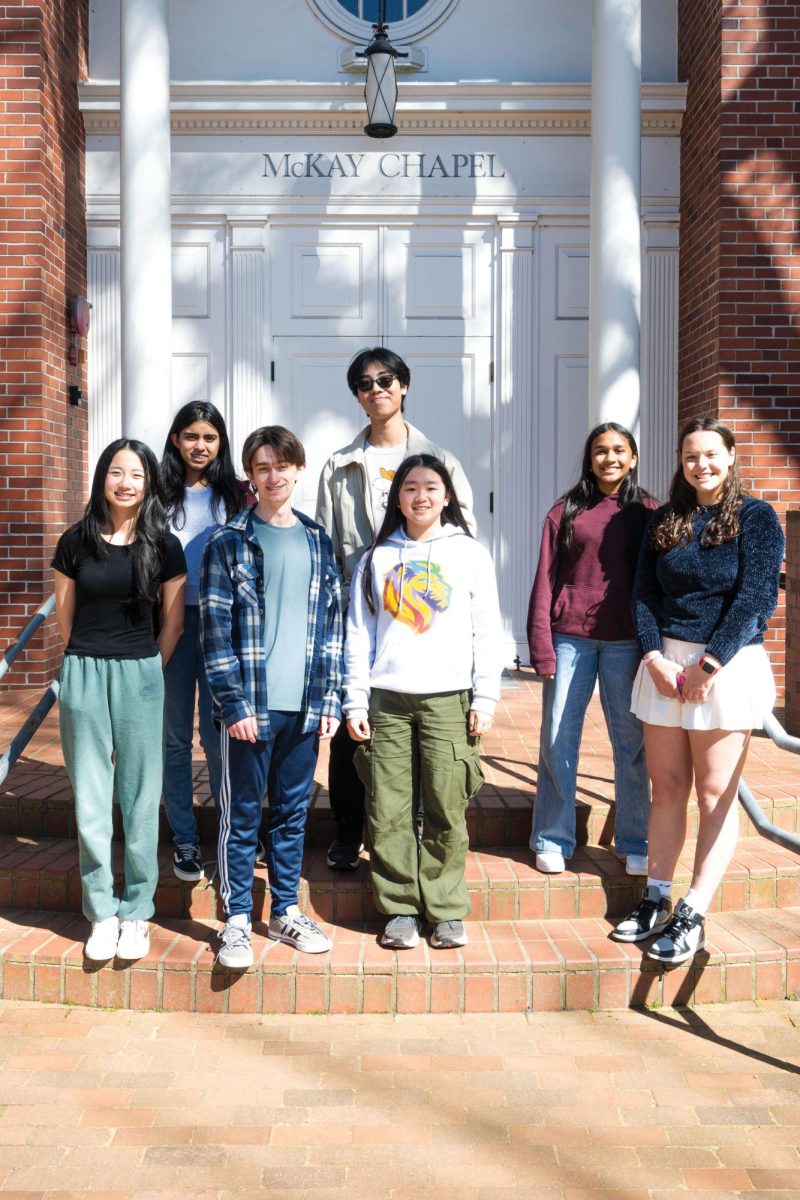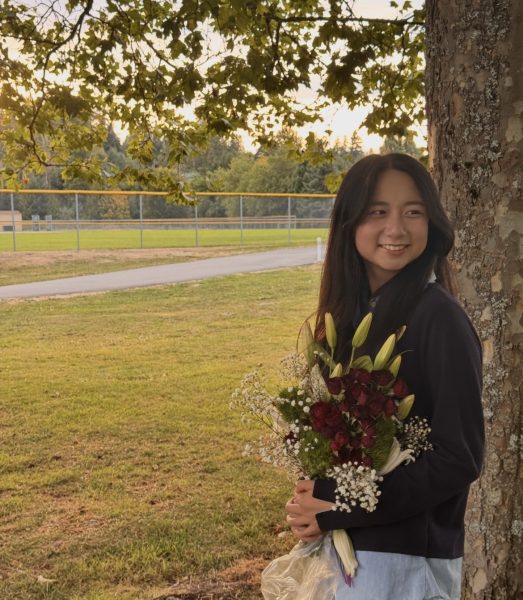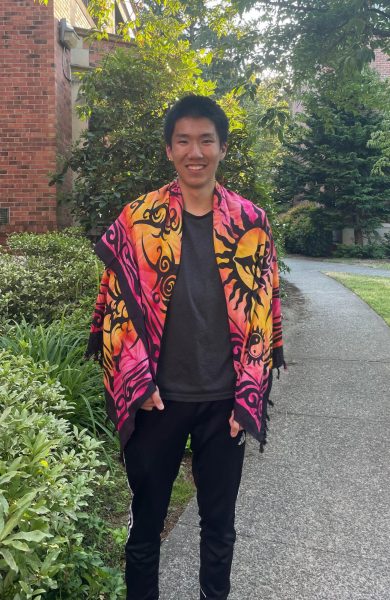At 5 p.m. on Friday, March 8, Allen Gates was quiet. Pigott was dead silent, and in the WCC, not a creature could be heard, not even a mouse. But inside Bliss, 10 boba-drinking debaters engaged in intellectual sparring: a captivating back and forth of logic, refutation, and persuasion. Debate thrives in high schools all around Washington. The National Speech and Debate Association’s list of teams in our state shows over 50 schools competing annually, with Lakeside’s very own academic rival Interlake topping the chart.
But one name had been missing from this list for years: Lakeside. Until this March, no such debate team could be found. This anomaly was not for lack of trying: Past leaders had attempted to bring competitive debate to Lakeside for over a decade, but to no avail. While membership in Debate Club had peaked over the pandemic, it had fallen in the years since — and because of the club’s abstention from tournaments, membership continued to remain limited.
For years, the difficulty of attending a tournament sponsored by Lakeside has been well known. “Clubs’ Competition Complications,” an article by “Tatler” editors Amber P. ’25 and Rohan D. ’25, pointed this out in 2022. While it is true that Lakeside’s administration firmly follows principles of equity and inclusion, this should not foreclose the possibility of change — particularly, for clubs seeking to attend tournaments. In “Clubs’ Competition Complications,” Amber and Rohan note that concerning Lakeside’s mission statement, “Allowing clubs to participate in national competitions would only serve to further fulfill this statement: after all, tournaments stoke creativity and leadership, offering countless opportunities to develop and hone new skills, engage with diverse communities of people, and learn from one another.”
When we began our journey to form a competitive debate team last school year, we were told by various faculty members from the middle and upper schools, as well as club leaders themselves, that it was a lost cause. The mood was somber: It is what it is. But if there’s anything debate has taught us, it’s to relentlessly question the status quo, regardless of the method of advocacy or type of impact. So in September, with a bucketful of fresh optimism and a pinch of naïveté, we sought to make a change.
We wanted to build a space where students could grow and shine alongside the competition of their peers, and it was within this space that we stepped foot into our first meeting with Mr. Bonar and Mr. Boccuzzi, clutching a notebook full of research and budding hopes. From our “Why Debate?” seminar with 90 interested Lakeside families to multimedia conversations rallying student enthusiasm, we proceeded with one question: How could a debate tournament benefit Lakeside’s culture and mission?
Although we stumbled into numerous hurdles — lack of funding, strict requirements, and liability issues — we eventually found solutions: compromising on more lax requirements, entering competitive debating with the Tournament of Champions Digital Speech and Debate Series #3 (a national online tournament), and embarking on spontaneous trips to Krispy Kreme and Rain Cafe for fundraiser items to make it happen. The fundraiser sailed smoothly, and with the crashing waves of legal issues and thunderstorms of spreadsheet to-do lists out of the way, all that was left was to compete. From March 8 to 10, members of the team — Albert E. ’27, Brandon L. ’27, Brian H. ’27, Evan T. ’24, Kate R. ’27, Owen X. ’26, Pia A. ’27, Siddhi T. ’27, Shiwen H. ’27, and Vivian T. ’27 — spent their weekend debriefing between rounds and joking about bad arguments, competing in six preliminary rounds total. Of the 10 debaters, including seven first-timers, Brandon L. ’27, Pia A. ’27, Shiwen H. ’27, and Vivian T. ’27 each earned positive records and moved onto the elimination bracket. Brandon L. ’27 went on to score an incredible 8–1, placing first in the Rising Star section.
As an activity, debate is fundamentally designed to nurture critical thinking, concise and persuasive public speaking, and engagement — much like the skills needed to advocate for a competition while keeping student and faculty perspectives in mind. But our experience isn’t solely limited to debate: We hope that this article can serve as an inspiration, a source of hope, and perhaps some advice for any club leaders aspiring to take their clubs further — whether through tournaments or anything else.
When asked how clubs seeking to expand beyond biweekly school meetings should work with administration, Mr. Boccuzzi emphasized the key to Debate Club’s success was that it “did a nice job coordinating with Mr. Bonar and [himself] to figure out what was reasonable, both in commitment for the students … and the school for what we could support, to make sure we could further student interests while not overtaxing students or different school resources.”
We believe that the Lakeside student body should aspire to reach and achieve our goals not in spite of our school, but along with it. Lakeside is an incredible institution, with a diverse range of skills and ideas, and we believe each member of the community should have the opportunity to share those skills and ideas in environments backed and supported by the school.



